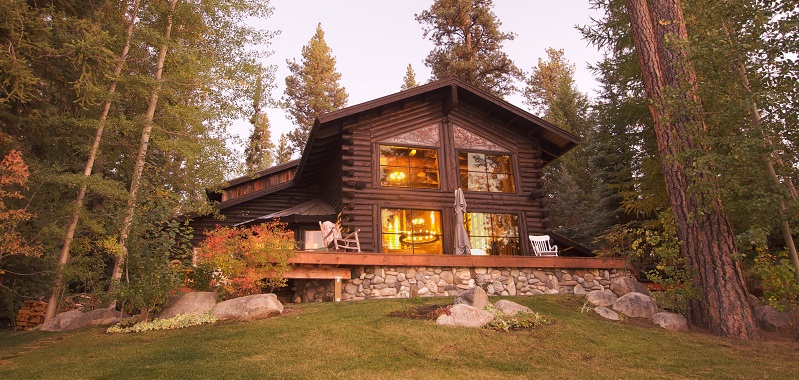In a 1031 exchange, both the relinquished property that's sold, as well as the replacement property have to be held for a qualifying purpose of investment or business use.
Renting to Related Persons
Many people that are acquiring replacement properties in a 1031 exchange may be inclined to rent them out to related persons such as a son or a daughter. The concern with this situation is that this rental arrangement with your related-party may be perceived by the IRS as just a sham. That you're really intending to put a roof over your kid’s head instead of using the property for investment or business purposes.
Tips for Upholding your Qualifying Purpose
If you are actually acquiring the property with business intent to rent it out and you're renting it out to a son or daughter, you want to make sure that you are legitimately using the property for business purposes and you're able to substantiate that. Make sure you have all of the following:
A real written lease between the taxpayer and the tenant at market rate.
Rent checks coming in incrementally and regularly according to the terms of the lease.
Finally, you want to report your rental activity on your tax return just like you would with any other investment or business property that's not rented out to a related party.
If you intend to move into the replacement property after some years of renting it out you need to be cautious that it doesn't appear that this whole rental arrangement was just a sham to make the replacement property fit into an investment or business paradigm when in fact you never really intended to rent it out. Getting too cute with the IRS and jumping through a charade of renting it out may backfire for taxpayers.
Start Your Exchange: If you have questions about 1031 exchanges of rental properties, feel free to call me at 612-643-1031.
Defer the tax. Maximize your gain.
© 2017 Copyright Jeffrey R. Peterson All Rights Reserved






